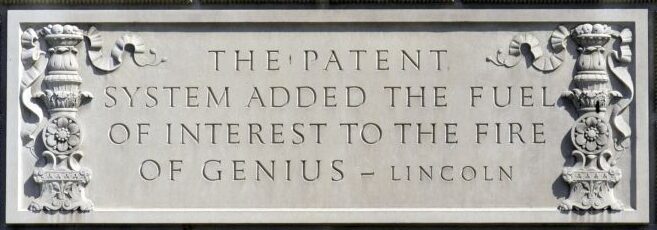
"Abraham Lincoln holds a unique distinction as the only U.S. President to hold a patent. U.S. Patent No. 6469, granted in 1849, covered a device for lifting riverboats over shallow waters using bellows and air chambers."
"Lincoln declared that the patent system 'added the fuel of interest to the fire of genius, in the discovery and production of new and useful things.' This elegant formulation captured the fundamental economic theory underlying patent law."
"Lincoln's lecture traced the evolution of human innovation from the biblical first human invention to the Industrial Revolution. He praised the U.S. Constitution's Patent Clause as a 'great step in the progress of civilization.'"
"Lincoln intimated that certain inventions occurred of peculiar value, on account of their great efficiency in facilitating all other inventions, including the arts of writing, printing, discovery of America, and introduction of patent laws."
Abraham Lincoln uniquely holds the distinction of being the only U.S. President with a patent. Granted in 1849, U.S. Patent No. 6469 covered an invention for lifting riverboats over shallow waters. As a lawyer, Lincoln litigated patents and emphasized that the patent system spurs innovation by adding interest to creativity. In a lecture, he praised the Patent Clause of the U.S. Constitution as a significant advancement in civilization, attributing particular value to inventions that facilitate further discoveries like writing, printing, and patent laws.
Read at Patently-O
Unable to calculate read time
Collection
[
|
...
]